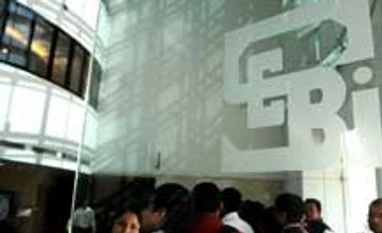These measures are part of a new set of insider trading norms being considered by capital markets regulator Sebi, which has sought public comments till December 31 before putting in place final regulations in this regard.
The new norms would also apply to officials at Sebi itself, although all its employees are as such not allowed to trade in stocks during their tenure at the regulatory authority.
More From This Section
A new feature of the proposed regulations is that of "treating public servants and persons holding statutory positions that are reasonably expected to have access to Unpublished Price Sensitive Information (UPSI) as connected persons and thereby prohibit them from trading when in possession of UPSI."
As per the norms, judges hearing corporate cases and outcome of which would be materially adverse or materially positive to the price of a firm's shares would be considered as a "connected person" until the order is pronounced.
Besides, public servants who are actively involved in formulating policy on any matter that could result in a material impact on the price discovery for securities of listed companies, would be a "connected person."
"Therefore, the restrictions on trading that would apply to connected persons would apply to such persons as well," as per suggestion.
These measures are suggested by a panel, chaired by N K Sodhi, Former Chief Justice of Kerala and Karnataka and a Former Presiding Officer of the Securities Appellate Tribunal.
The committee set up by Sebi in March this year to review nearly two decade-old insider trading norms included experts from various sectors.
Any person who possesses unpublished stock price sensitive information about a company would be deemed as an insider and any person who has been associated with a company in any capacity up to six months prior to trading in its stock would be termed as "connected person".
Besides, the committee has proposed to broaden the definition of 'insider' and said that it will presume immediate relatives (who are either financially dependent or consult an insider when trading in securities) as "connected persons."
It also stated that any person in possession of UPSI would be considered an insider.
The new norms allow insiders, mainly those in constant possession of sensitive information, to trade in a company's shares only through a pre-disclosed trading schedule, to be made public at least six months before the transaction.
)